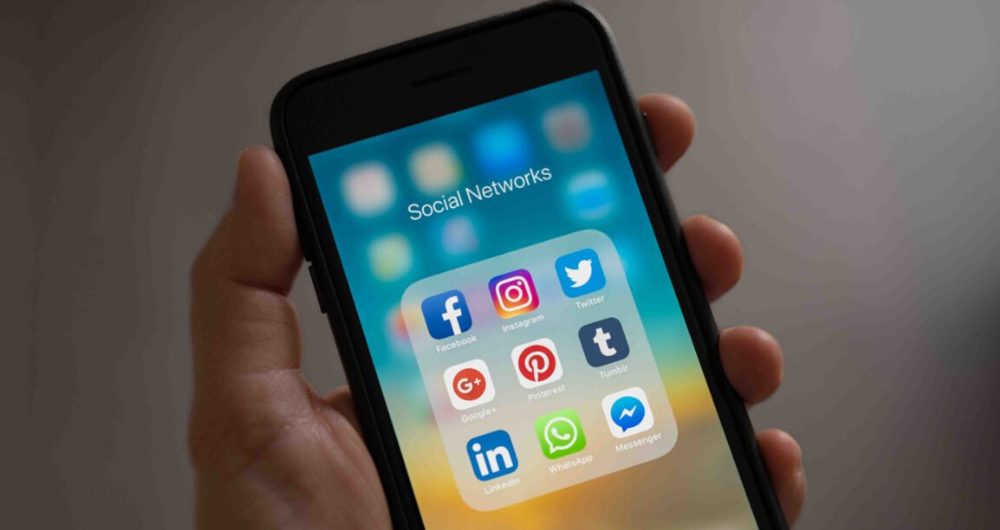
Young people living in Ireland are turning to the internet when seeking help for mental health difficulties, with 80% of them using their mobile phone as their means of doing so.
Researchers from Insight@UCD, surveyed over 1,300 young people in an effort to better understand if, and how, they engage with online resources when seeking help for personal or emotional issues. Nearly 83% of respondents said that they would look online for help for these issues.
“We found that the anonymity and confidentiality offered by the internet was a big factor in the decision to seek help online. More than 80% of respondents said that was important,” said Claudette Pretorius of Insight@UCD. “It’s clear that the internet offers new opportunities for young people to seek help, learn more about their mental health, connect with others who have similar experiences and read their stories.”
Research has found that the action of seeking help itself has been found to be an important protective factor in a person’s mental health and there is a growing body of research that shows online resources are hugely important for young people when seeking help and support for mental health issues.
“It is very encouraging that young people are seeking help online like this,” says Pretorius. “The internet has a role to play in help-seeking, offering anonymity and confidentiality and providing the opportunity for early intervention.”
Researchers found that the young people surveyed encountered some challenges relating to the reliability of the information they found online.
“Because there is so much information out there it can sometimes be hard to know what sources are reliable and so as with other forms of help-seeking, there are challenges,” says Pretorius. “56% of respondents expressed a lot of uncertainty about the reliability of the information they found. These challenges could be addressed in collaboration with government and educational institutions but young people have also shown they are capable of coming up with their own strategies to verify information and assign credibility.”
The young people surveyed appeared to have a good idea about what information sources could be trusted with most (nearly 83%) saying that a health service logo was an important indicator of credibility. An endorsement by schools and colleges was also seen as important by nearly 55% of respondents.
Research has found that young people, particularly those aged between 18 and 25 are particularly vulnerable to experiencing mental health difficulties, but very few seek treatment or help during this time. In this respect, the internet appears to be something of a game changer.
Pretorius says, “Online resources have a real role to play in helping young people to access reliable content and making sure that their sites are mobile friendly.”
You can read the full paper here: https://mental.jmir.org/2019/8/e13524/